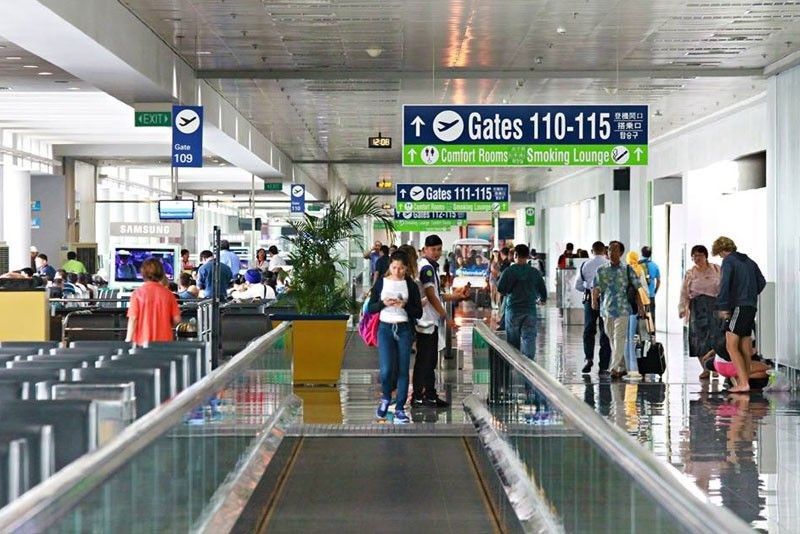Hurdles await bidders for NAIA

MANILA, Philippines — Some of the country’s largest infrastructure developers may face challenges if they decide to vie for the contract to operate and maintain the Ninoy Aquino International Airport (NAIA).
As required by the Department of Transportation (DOTr), firms planning to participate in the bidding for NAIA must have operated an international airport with a passenger throughput of 25 million per annum for at least three consecutive years prior.
Bidders that meet this requirement are barred from being an operator of any of the international gateways around Metro Manila, namely, Clark International Airport, New Manila International Airport (NMIA) and Sangley Point International Airport.
As such, Transportation Undersecretary Roberto Lim confirmed that the Luzon International Premier Airport Development Corp., operator of Clark airport, is disqualified from joining the NAIA bidding. However, he said LIPAD members on their own can still submit proposals.
“LIPAD is the operator and is not qualified. FDC (Filinvest Development Corp.) and JG Summit can,” Lim told The STAR.
Further, Lim said San Miguel Corp. (SMC), on its own, does not meet the DOTr qualifications even as it holds the concession to design, put up, operate and maintain the NMIA.
San Miguel Aerocity Inc., a subsidiary of San Miguel Holdings Corp. – the infrastructure division of SMC – is building in Bulacan what will soon become the largest airport in the Philippines.
SMC is spending P735.6 million to deliver NMIA, the first phase of which is projected to facilitate around 35 million passengers a year and generate roughly one million jobs in Central Luzon.
As of July, SMC has completed 70 percent of the land development for NMIA. It hopes to finish land development by the first quarter of 2024 and will begin civil works right after with the goal of partially opening the airport before President Marcos steps down in 2028.
“The operator (of NAIA) must have the experience in running an airport of a size with a certain minimum number of passengers to ensure that they have the experience. Such does not yet exist (for SMC),” Lim said.
On the other hand, Infrawatch PH convenor Terry Ridon hopes the DOTr can remove the clause discriminating against the operators of international gateways near Metro Manila.
“The NAIA rehabilitation should allow all interested parties to submit their bids, irrespective of whether they are already operating airports within the Greater Capital Region,” Ridon said in an interview with The STAR.
Ridon also asked the Philippine Competition Commission to determine whether managing two or more airports violates the rules and regulations of the antitrust law.
To ensure the financial strength of the future concessionaire, the DOTr restricted the bidding for NAIA to firms with a minimum equity of P20 billion. For consortiums, the agency will consider the combined net worth of members with at least 25 percent share in the group.
The STAR looked into the financial reports of some of the top conglomerates listed in the main index of the Philippine Stock Exchange to see their equity as of June. Based on data, JG Summit Holdings Inc. and FDC maintain equities of P327.89 billion and P131.31 billion, respectively.
Aboitiz Equity Ventures Inc., the parent unit of Aboitiz InfraCapital Inc., posted an equity of P261.35 billion. AIC, FDC and JG Summit form part of the consortium that had submitted an unsolicited proposal amounting to P267 billion to rehabilitate and upgrade NAIA.
Last year, AIC bought the operator of the Mactan-Cebu International Airport for P25 billion, and it is set to receive full ownership by 2024.
Megawide Construction Corp., builder of the Cebu airport, maintains an equity of P16.72 billion and will need a partner to participate in the bidding.
“The P20 billion equity requirement is a reasonable requirement for single or consortium bidders that seek to undertake the rehabilitation of NAIA, ensuring that all the bidders (have) significant track record, capital heft and financial standing,” Ridon said.
- Latest
- Trending





















